Bangladesh’s economic engagement with South Korea has been on increase as both Dhaka and Seoul are working closely to expand multilateral relations, sources in Dhaka and Seoul said.
Unlike countries like India, China, Russia and USA, South Korea has no geo-political interest in Bangladesh as Bangladesh’s current relations with world and regional political powers are going through a transition period, sources said.
Former dictator Prime Minister of Bangladesh Sheikh Hasina quit power on August 5, 2024 amid a massive student movement after ruling the country for over 15 years.
Bangladesh exported goods worth 625 million US dollars (624980963.1) to South Korea during July-May period of the current 2023-24 fiscal year. Bangladesh exported goods worth 530 million US dollars (530249141.2) during the July-June period of the 2022-23 fiscal year.
The export of Bangladesh is likely to reach one billion US dollars to South Korea, provided Bangladesh can penetrate deeply into the South Korean market, said an official of the Export Promotion Bureau (EPB).
Sources in the Export Promotion Bureau (EPB) said that Bangladesh’s export to South Korea is likely to post over 25 per cent this fiscal year.
Meanwhile, South Korea exported goods worth 1602.2 million US dollars to Bangladesh in the 2022-23 fiscal year and 1627.0 million US dollars in 2021-22 fiscal year, according to Bangladesh Bank data.
The development budget of Bangladesh is likely to be slashed during the interim government of Professor Yunus as the present government has either dropped or cut the development budget, sources said.
As South Korea has no political or strategic interest in Bangladesh, Dhaka should urge Seoul to increase development budget, sources in Dhaka and Seoul said.
Bangladesh was the fourth-largest apparel supplier to South Korea, holding a market share of 5.20 per cent. South Korea’s total apparel imports amounted to $6.540 billion between January and July 2024. China was the largest supplier, accounting for 35.21 per cent of the imports, followed by Vietnam with 27.63 per cent, and Italy with 7.56 per cent.
Meanwhile, the July-August period – the first two months of the current fiscal year – witnessed the lowest-ever implementation of the Annual Development Programme (ADP), falling below 3%.
According to data from the Implementation Monitoring and Evaluation Department (IMED) released today (2 October), Tk7,143 crore of the ADP was spent during the period, reflecting an implementation rate of 2.57%.
Data available on the IMED website, dating back to FY11, shows that no fiscal year has recorded an ADP implementation rate below 3%. In FY24, the rate was 3.84%, slightly lower than the previous fiscal year.
For FY25, the ADP allocation stood at Tk278,288 crore.
IMED officials explained that project staff are typically occupied with preparatory work at the beginning of the fiscal year, which contributed to the low implementation rate.
Additionally, development activities were hindered by the mass uprising in July-August, the subsequent change of government, and the resulting political instability during the period.
In several foreign-funded projects, foreign workers, contractor representatives, and consultants left the project sites, which further hindered project implementation.
Additionally, the government has decided to review both proposed projects in the pipeline and ongoing ones.
The proposals to extend the duration and increase the costs of many ongoing projects have also been delayed. As a result, ADP implementation has been prolonged, officials noted.
Korea International Cooperation Agency (KOICA) is keen to strengthen capacity of public organization management system in Bangladesh.
Working under the Korean Ministry of Foreign Affairs, KOICA has been implementing Korea's grant aid and technical cooperation to support socio-economic development in Bangladesh since 1993.
Every year, under Capacity Improvement and Advancement for Tomorrow (CIAT) Program, KOICA awards invitational training and scholarships to Bangladesh government officials.
The Korea International Cooperation Agency (KOICA) was established as a government-funded agency dedicated to grant aid programmes on April 1, 1991. KOICA endeavours to combat poverty and support sustainable socio-economic growth of partner countries. By doing so, KOICA establishes and strengthens friendly ties with developing countries. KOICA started its journey in Bangladesh in 1993 with a mission to catalyze socio-economic development for the people of Bangladesh. KOICA Bangladesh Office implements development projects with the Government of Bangladesh (GoB), UN Agencies and NGOs, and arranges capacity building invitational training programmes for government officials and dispatches World Friends Korea (WFK) Volunteers for accelerating local development.
Meanwhile, Chief Adviser Professor Muhammad Yunus recently urged South Korea to invest more in Bangladesh and recruit more Bangladeshi workers, especially in their shipbuilding industry, for mutual benefits.
Yunus made the call when South Korean Ambassador to Bangladesh Park Young-sik called on him at his office in Tejgaon, Dhaka.
"We look forward to a broader and more developed relationship with South Korea; elevate our existing relationship to the next step," he told the ambassador.
Raising the issue of the current situation in the Korean peninsula, Ambassador Park Young-sik expressed concern at North Korea's troop deployment in the Russia-Ukraine war and its recent ballistic missile test. The chief adviser sought for peace and stability in the Korean peninsula.
Young-sik told the chief adviser that many South Korean companies were keen to invest in Bangladesh with the recent positive turn in the business climate. He conveyed about Korea's particular interest in employing Bangladeshi workers for Korea's shipbuilding sector.
He also mentioned that many South Korean companies are operating RMG factories in Bangladesh's specialised economic zones.
The ambassador further said Bangladesh is the number one recipient country of Korea's Economic Development Cooperation Fund (EDCF) and is a very important development partner.
The total amount of the Official Development Assistance (ODA) loan for Bangladesh from EDCF is $3 billion, involving 34 projects.
The EDCF also has 14 projects in progress that are ongoing or under feasibility study. It will raise the amount of Korean investment to $7 billion.
"We hope to continue to proceed with existing projects without interruption," said the South Korean ambassador.
"Just 50 years ago, Korea was also an ODA recipient country. So, we are well aware of the difficulties of Bangladesh and could be good partners through sharing development experience," said Ambassador Young-sik. He underscored the need for early negotiation of an Economic Partnership Agreement (EPA) between Bangladesh and South Korea.
The chief adviser thanked South Korea for their continued support to Bangladesh in various fields.
The ambassador of the Republic of Korea (ROK) to Bangladesh, Park Young-sik, has paid a courtesy call on Foreign Affairs Adviser Md Touhid Hossain, expressing his willingness to work closely with Bangladesh to further strengthen the "excellent" bilateral relations between the two countries.
During the meeting at the Ministry of Foreign Affairs, various issues of mutual interest were discussed, including trade and investment, development cooperation, the ready-made garments sector, EPS workers, people-to-people exchange, the Rohingya issue, and others.
The ambassador congratulated the foreign affairs adviser on assuming his new position.
The adviser thanked the South Korean government for their positive remarks toward the newly formed interim government and for placing confidence in the government's ability to restore peace and stability in the country, according to the Ministry of Foreign Affairs.
He expressed satisfaction with the existing bilateral relations and the recent upward trend in the volume of trade between the two friendly nations.
The adviser also appreciated Seoul for continuously being one of the major foreign investors in Bangladesh.
Both sides expressed satisfaction with their close cooperation on the international stage, aiming to uphold global peace and security, promote free trade, combat the adverse effects of climate change, and support each other in international forums.
The adviser further thanked the South Korean government for extending humanitarian support to the Rohingya people sheltered in Bangladesh.
Meanwhile, Bangladesh and South Korea have expressed strong interest in advancing negotiations to conclude an Economic Partnership Agreement (EPA), aimed at addressing the growing trade imbalance between the two countries.
This was highlighted during a meeting between South Korean Ambassador to Bangladesh Park Young-sik and Foreign Secretary Md. Jashim Uddin at the Ministry of Foreign Affairs.
During the meeting, both sides agreed that the proposed EPA would facilitate sustainable and balanced growth in bilateral trade, fostering deeper economic cooperation.
Park extended his congratulations to Bangladesh foreign secretary on his recent appointment, expressing optimism that under his leadership, Bangladesh and South Korea's longstanding bilateral relations would continue to strengthen.
The foreign secretary thanked the South Korean government for its positive outlook towards Bangladesh's newly formed interim government and for maintaining confidence in its ability to restore peace and stability in the country.
He also noted with satisfaction the upward trend in bilateral trade volumes, acknowledging South Korea's role as a key foreign investor in Bangladesh.
Besides, he expressed appreciation for South Korea's preferential market access to Bangladeshi goods under the Least Developed Countries (LDC) and Asia-Pacific Trade Agreement frameworks.
The envoy emphasized the importance of creating a business-friendly, predictable, and stable environment to attract further foreign investment.
He added that the Korean Embassy in Dhaka is keen to engage with the interim government to discuss ways to improve Bangladesh's investment climate.
The foreign secretary thanked the ambassador for South Korea's Employment Permit System (EPS), which has provided job opportunities for Bangladeshi workers in South Korea.
He also expressed hope that the Korean government would consider increasing the intake of Bangladeshi nationals in various sectors such as agriculture, fisheries, and shipbuilding.
He, as well, said the number of scholarships provided to Bangladeshi students by South Korea should be increased in the future.
Both sides reaffirmed their commitment to fostering cooperation in international forums to uphold global peace and security, promote free trade, and support each other on the global stage.

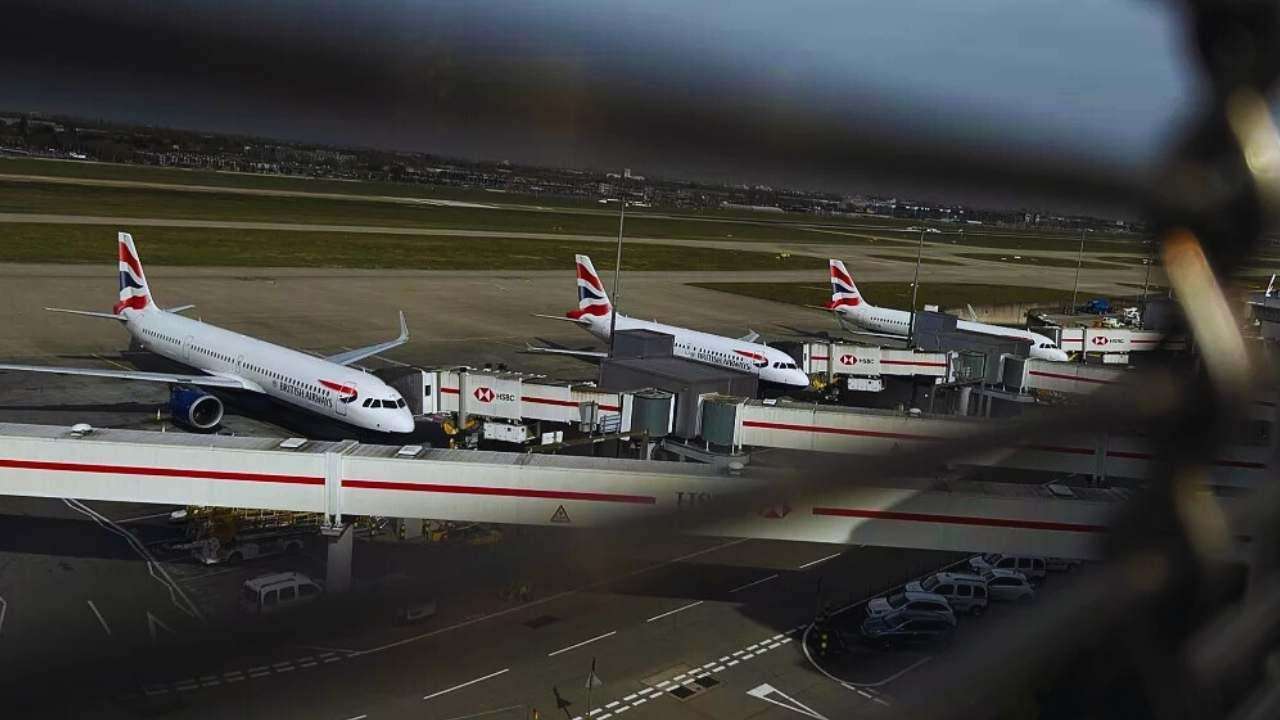
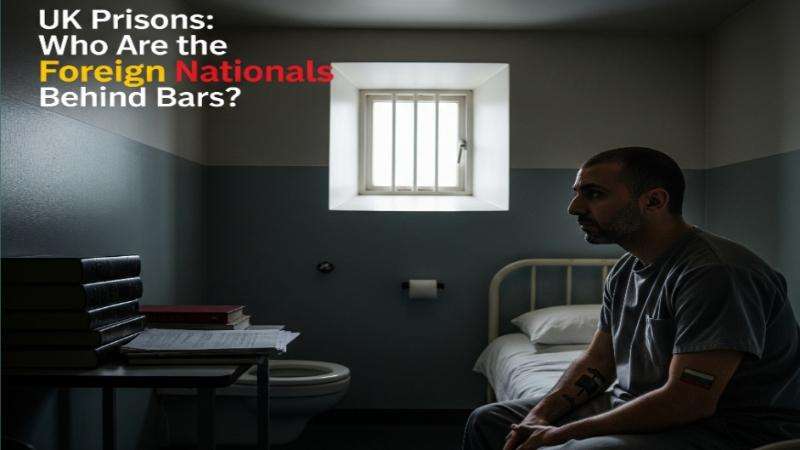
_2.jpg)
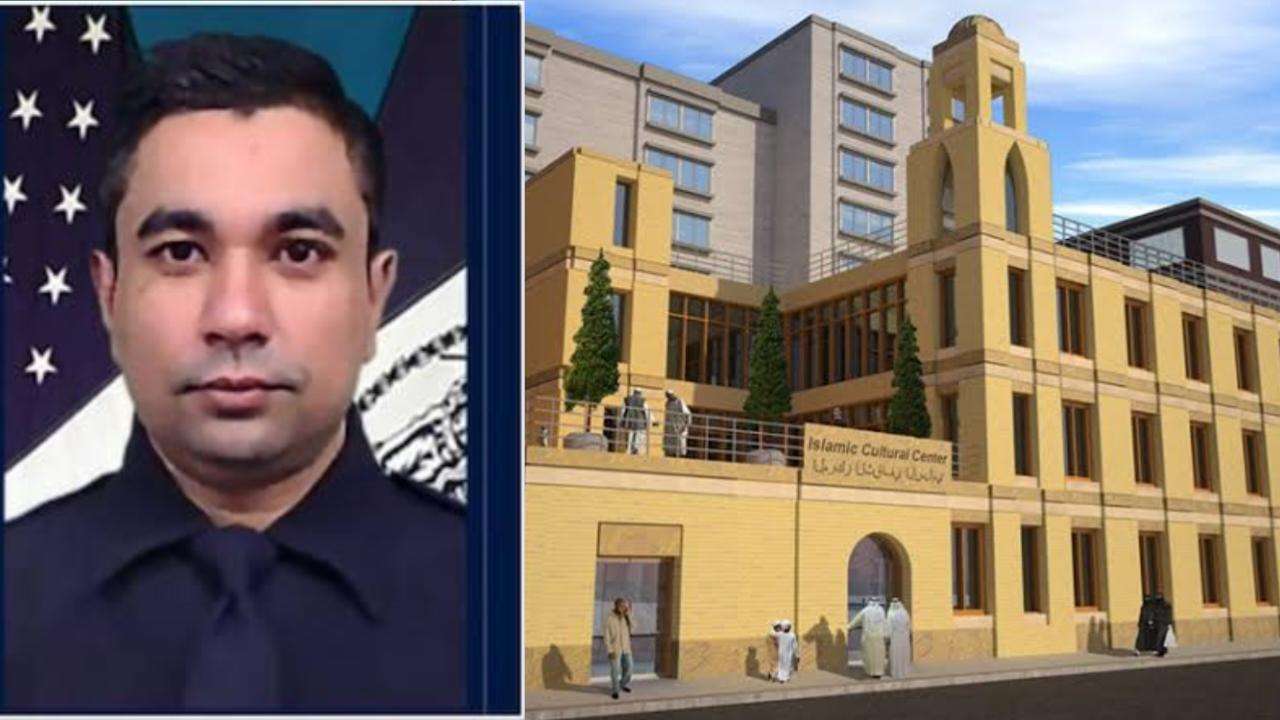


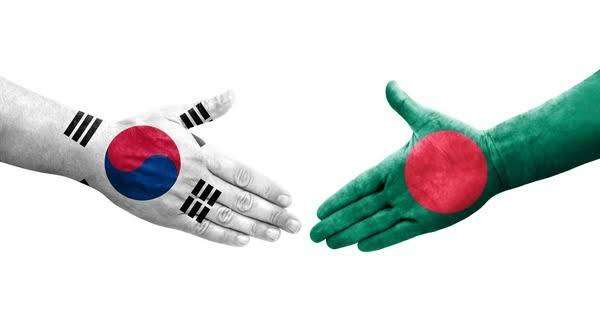
.svg)

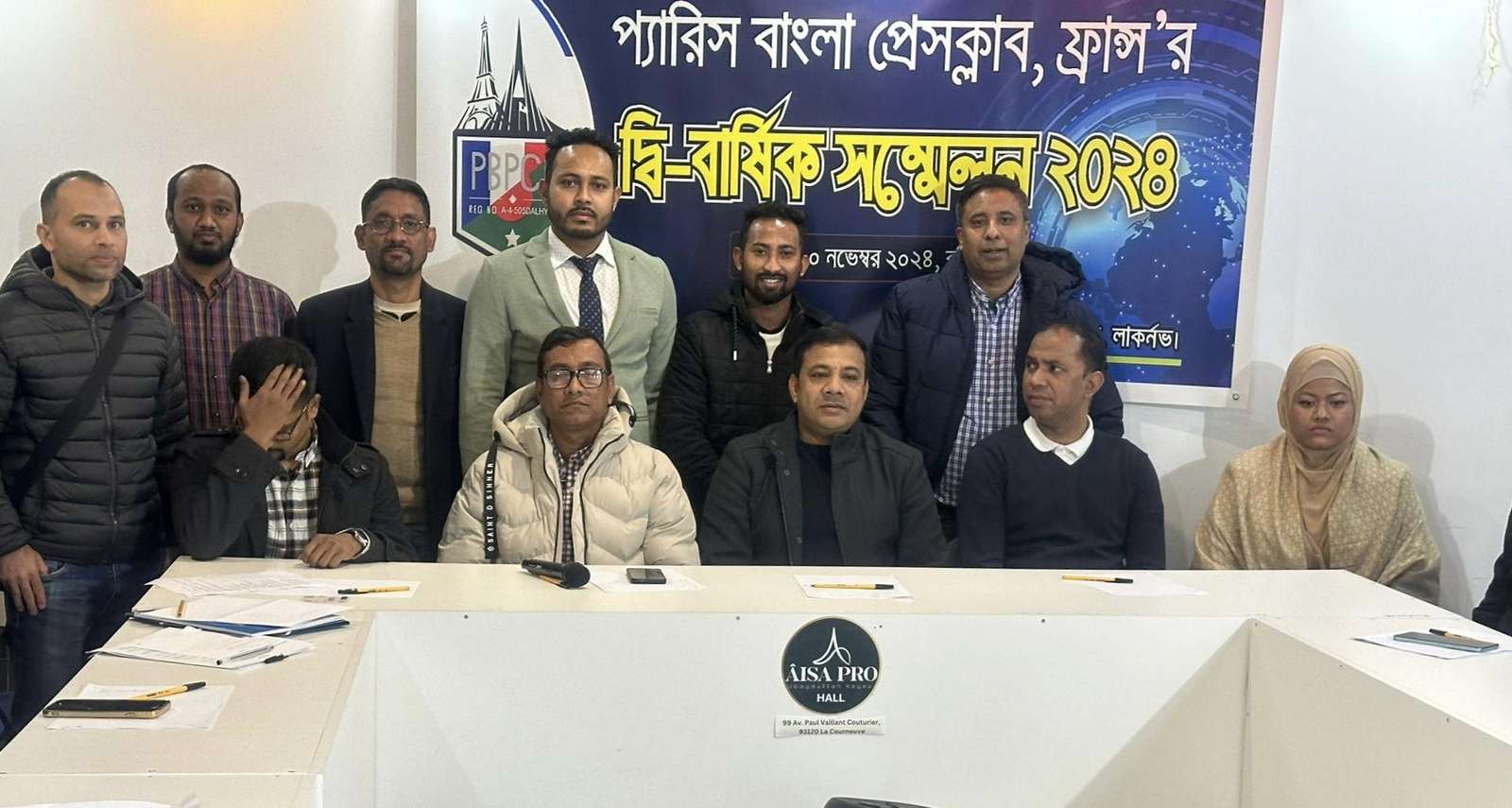
_1.jpg)